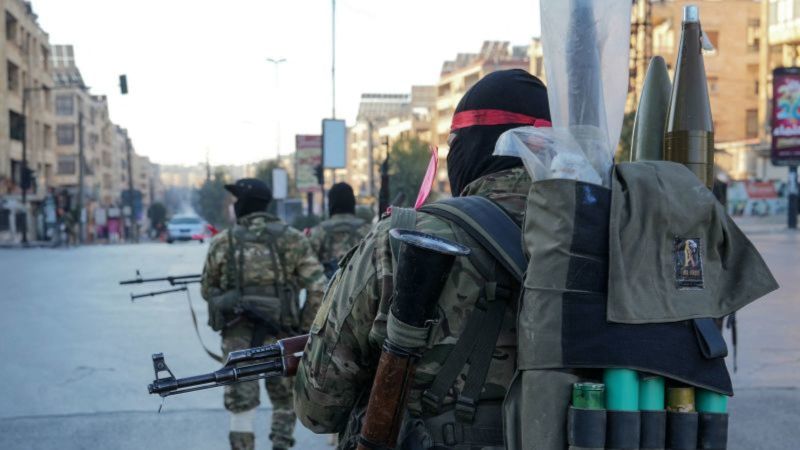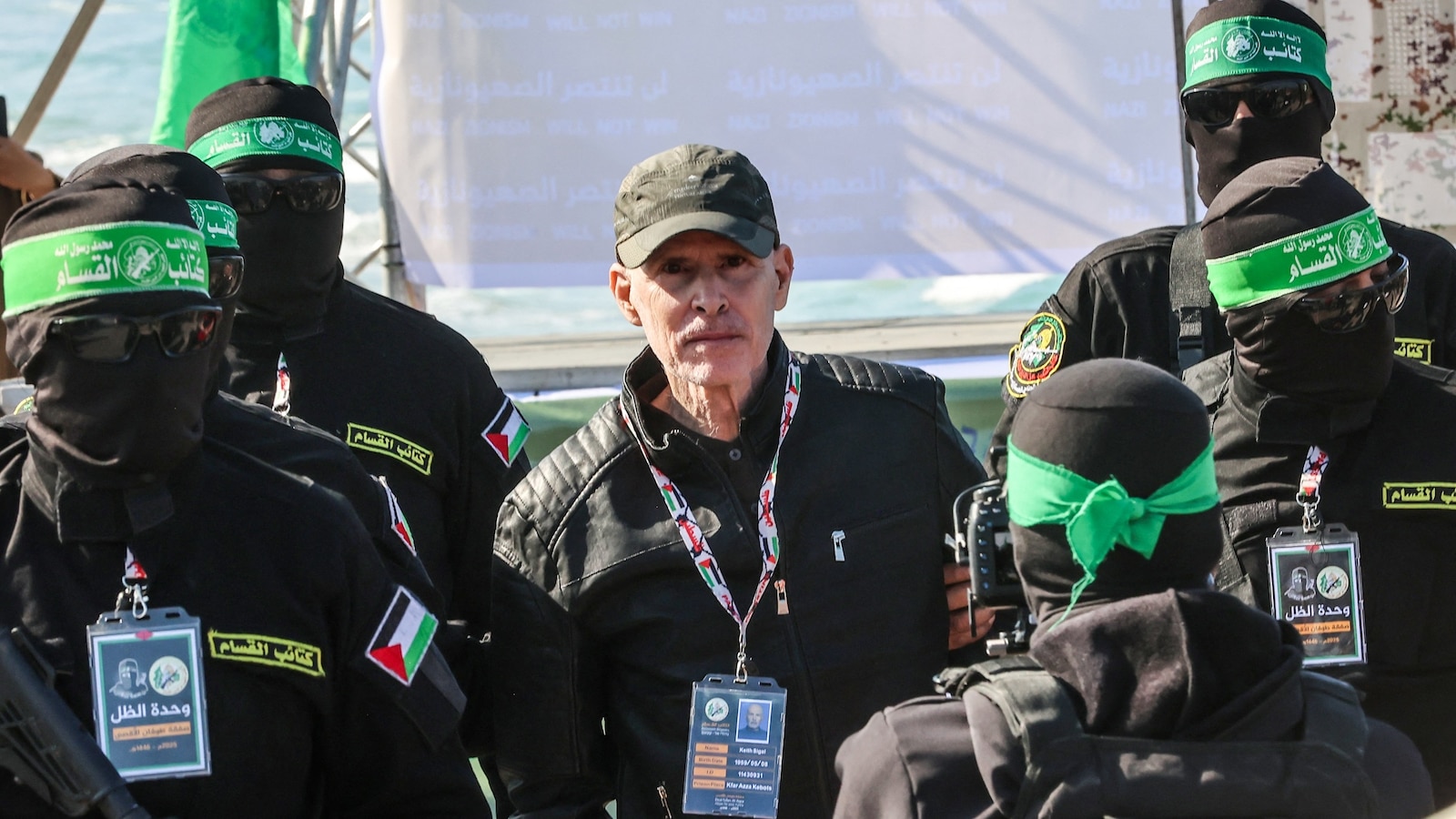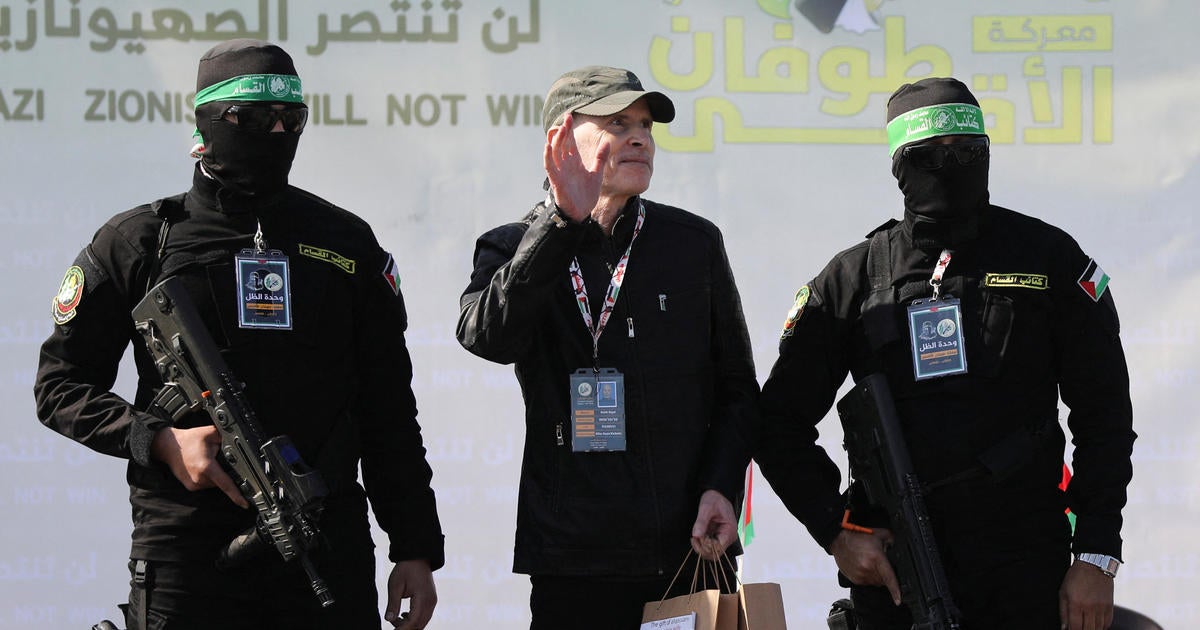The conflict in Syria has reached a pivotal moment with the recent seizure of key areas in Aleppo by rebel forces, marking a dramatic shift in the battle for control of the country. As one of Syria’s largest and most strategically important cities, Aleppo has long been at the heart of the country’s civil war, with both the Syrian government and opposition forces vying for dominance. The rebel capture of significant portions of Aleppo not only changes the balance of power on the ground but also raises critical questions about the future of the city, the direction of the war, and the broader geopolitical implications for the region.
A Turning Point in the Syrian Civil War
The recent advance of rebel forces in Aleppo has the potential to reshape the trajectory of the Syrian civil war. For years, Aleppo has been a focal point in the conflict, with its status fluctuating between government and rebel control. Now, with large sections of the city under rebel control, the Syrian government’s ability to reclaim the city and maintain its hold on the country is increasingly uncertain.
Aleppo, located in northern Syria near the Turkish border, has immense symbolic and strategic value. As Syria’s industrial capital and a major trade hub, its capture by opposition forces significantly weakens the Syrian government’s economic and military infrastructure. Control of Aleppo also provides access to vital supply routes, which are crucial for maintaining support from neighboring powers, including Iran and Russia, who have supported President Bashar al-Assad’s regime throughout the war.
However, the rebels’ success in taking control of Aleppo comes with its own set of challenges. The city, heavily damaged by years of bombardment and fighting, remains a divided battleground. The complexities of urban warfare, the presence of diverse armed factions, and the involvement of foreign powers make it unclear whether the rebels can consolidate their gains or if the government will ultimately regain control.
The Role of Rebel Factions
The rebels who have seized key areas of Aleppo are not a monolithic force. The Syrian opposition is composed of various groups with differing goals, ideologies, and levels of coordination. Some of these factions are more aligned with Western-backed forces, while others have closer ties to Islamist groups. This fragmentation among rebel factions complicates the situation on the ground, as it remains to be seen whether these diverse groups can cooperate effectively in the long term.
One of the most influential rebel factions in Aleppo is the Free Syrian Army (FSA), a coalition of moderate opposition groups that has received varying degrees of support from Western and regional powers, including the United States and Turkey. However, other more radical factions, such as the Hayat Tahrir al-Sham (HTS), an al-Qaeda affiliate, also operate in the region. The presence of extremist factions raises concerns about the future stability of Aleppo and whether the city will fall under the influence of groups with radical ideologies.
The differing agendas of these factions mean that any long-term control of Aleppo may hinge on the ability of the rebel groups to come together and form a unified front. This, in turn, will influence the city’s future governance and its post-conflict reconstruction.
The Humanitarian Crisis in Aleppo
As the battle for Aleppo intensifies, the humanitarian situation in the city remains dire. Years of conflict have already devastated the city’s infrastructure, with hospitals, schools, and residential neighborhoods reduced to rubble. The United Nations and various humanitarian organizations have repeatedly warned about the worsening conditions for civilians caught in the crossfire.
Many residents have been displaced by the ongoing fighting, while those who remain in the city face food and water shortages, lack of medical care, and constant threats of violence. International organizations, such as the International Committee of the Red Cross (ICRC) and Médecins Sans Frontières (MSF), have struggled to provide aid due to the security risks posed by the conflict and the restrictions imposed by both the Syrian government and the rebel factions.
The escalating violence has also led to an increase in civilian casualties, with thousands of innocent people killed or injured in airstrikes, artillery bombardments, and street battles. The humanitarian community is calling for a ceasefire and unimpeded access to those in need, but the political and military realities on the ground make it unclear whether such efforts will succeed.
The Geopolitical Dimensions of the Aleppo Battle
The battle for Aleppo is not just a domestic conflict—it is deeply intertwined with broader regional and international geopolitics. Throughout the Syrian civil war, major foreign powers have intervened, each pursuing their own interests and supporting different factions in the conflict. Russia and Iran, two of Assad’s key allies, have provided military and financial support to the Syrian government. On the other hand, the United States, Turkey, and various Gulf states have backed the opposition, albeit with varying degrees of direct involvement.
The seizure of Aleppo by rebel forces is seen by some as a potential shift in the balance of power, with the possibility of a realignment of forces in the region. Turkey, in particular, has been a vocal supporter of the opposition and has been actively involved in the conflict through military operations along the Syrian-Turkish border. The potential fall of Aleppo to rebel forces could strengthen Turkey’s influence in northern Syria, where it has sought to establish a buffer zone against Kurdish militias aligned with the Syrian Democratic Forces (SDF).
Meanwhile, Russia and Iran are unlikely to allow the loss of Aleppo to go unchallenged. Both countries have invested heavily in supporting Assad’s regime, and the fall of Aleppo would significantly undermine their strategic objectives in the region. It remains to be seen how Russia, in particular, will respond to this shift in the balance of power. Given its significant military presence in Syria, including airstrikes and ground forces, Russia is likely to intensify its efforts to retake the city if it falls to the opposition.
What’s Next for Aleppo and Syria?
The future of Aleppo, and Syria as a whole, remains uncertain. While the rebel forces have made significant gains, the road ahead is fraught with challenges. The Syrian government still controls much of the country, including Damascus and other key cities, and it is unlikely to relinquish control of Aleppo without a fierce fight.
Additionally, the fragmented nature of the opposition means that even if Aleppo remains in rebel hands, it is unclear how the city will be governed. Will it become a symbol of a new Syrian opposition stronghold, or will infighting among rebel groups lead to further instability? The possibility of a negotiated settlement to the conflict seems increasingly remote as both sides continue to pursue military victories, while foreign powers continue to back their respective allies.
The situation is further complicated by the broader geopolitical interests of the United States, Russia, Turkey, and Iran, all of whom have stakes in the outcome of the war. The battle for Aleppo could become the latest chapter in a protracted and complex struggle for control of Syria’s future.
Conclusion: A Critical Juncture in the Syrian Conflict
The fall of key areas of Aleppo to rebel forces marks a critical juncture in the Syrian civil war. This development not only alters the dynamics of the conflict but also raises questions about the long-term future of Syria and its people. With foreign powers heavily invested in the outcome, the battle for Aleppo is likely to remain a focal point in the broader geopolitical contest for influence in the Middle East.
The future of Aleppo will depend on the ability of the rebels to hold their ground, the response of the Syrian government and its allies, and the role of international actors in shaping the next phase of the conflict. For now, the fate of the city hangs in the balance, and the coming weeks and months could prove decisive in determining the ultimate outcome of Syria’s devastating civil war.
For more insights on the ongoing situation in Syria and Aleppo, visit BBC News.
To stay updated on related news in the Middle East, follow our Middle East coverage.
See more Update My News



